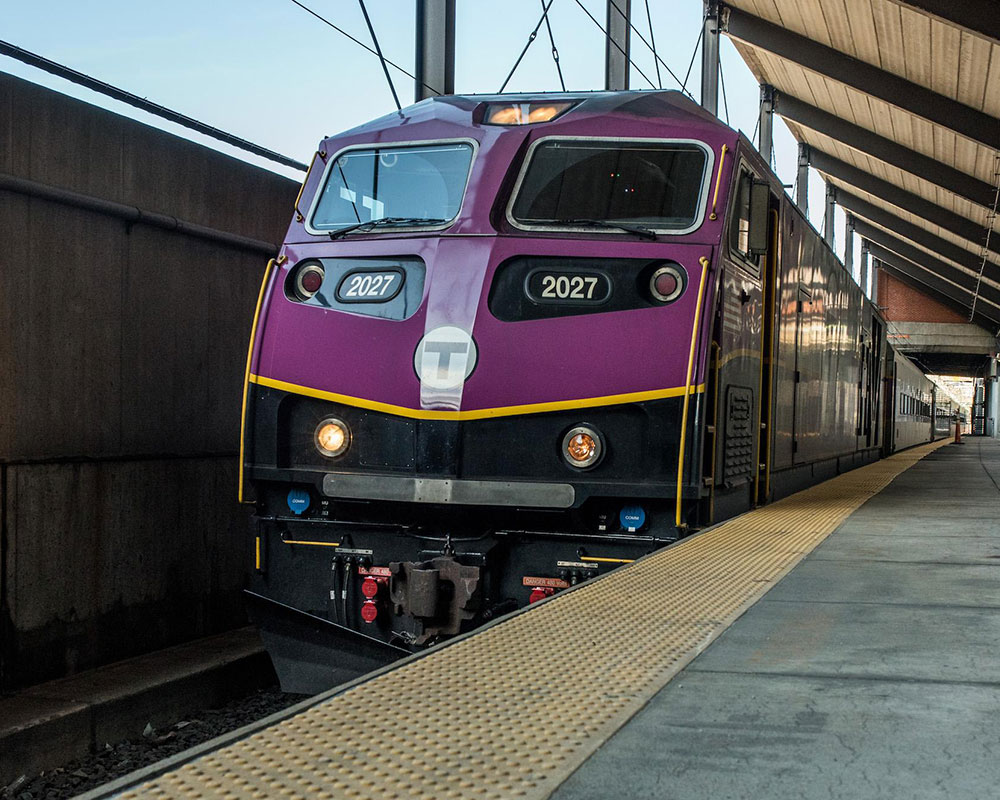As policymakers eye ways to get more people on public transit to ease traffic, a new study says many potential riders can’t afford to get on board the state’s 400-mile commuter rail network.
According to the State House News Service, the Massachusetts Institute for a New Commonwealth report urges policymakers to make a more equitable commuter rail fare framework “priority number one,” describing a shift away from strict distance-based fares as vital to ensuring that future development in gateway cities, mostly located far from Boston, produces equitable outcomes and does not displace low-income households.
In many Massachusetts cities, low-income riders are effectively priced out of using commuter rail, unable to afford, for instance, the $12.25 fare for a one-way ride to Boston from Worcester.
The MBTA, run by the Baker administration, sets fares for the commuter rail system, which is operated by Keolis under a contract with the transit authority. Researchers said fare discounts implemented by U.S. transit agencies have been limited to bus and subway systems.
Specifically, the 14-page report urges the state to consider experimenting with means-tested fares, lowering fares for reverse commuters, reducing fares for off-peak travel, and developing a standard definition of transportation equity and applying it consistently to all planning and policy studies.
A multi-directional regional rail system that supports more geographically balanced economic development in eastern Massachusetts may be years off, but the report suggests the technology exists now to discount commuter rail fares for low and moderate-income riders “with minimal transaction cost.”
The report pegs the annual cost of commuting to Boston from more affluent suburbs closer to the city at less than two percent of median household income, and estimates that 80 percent of households in gateway cities with current or planned commuter rail service have access to at least one car, with annual vehicle costs running about $12,000 per year.

